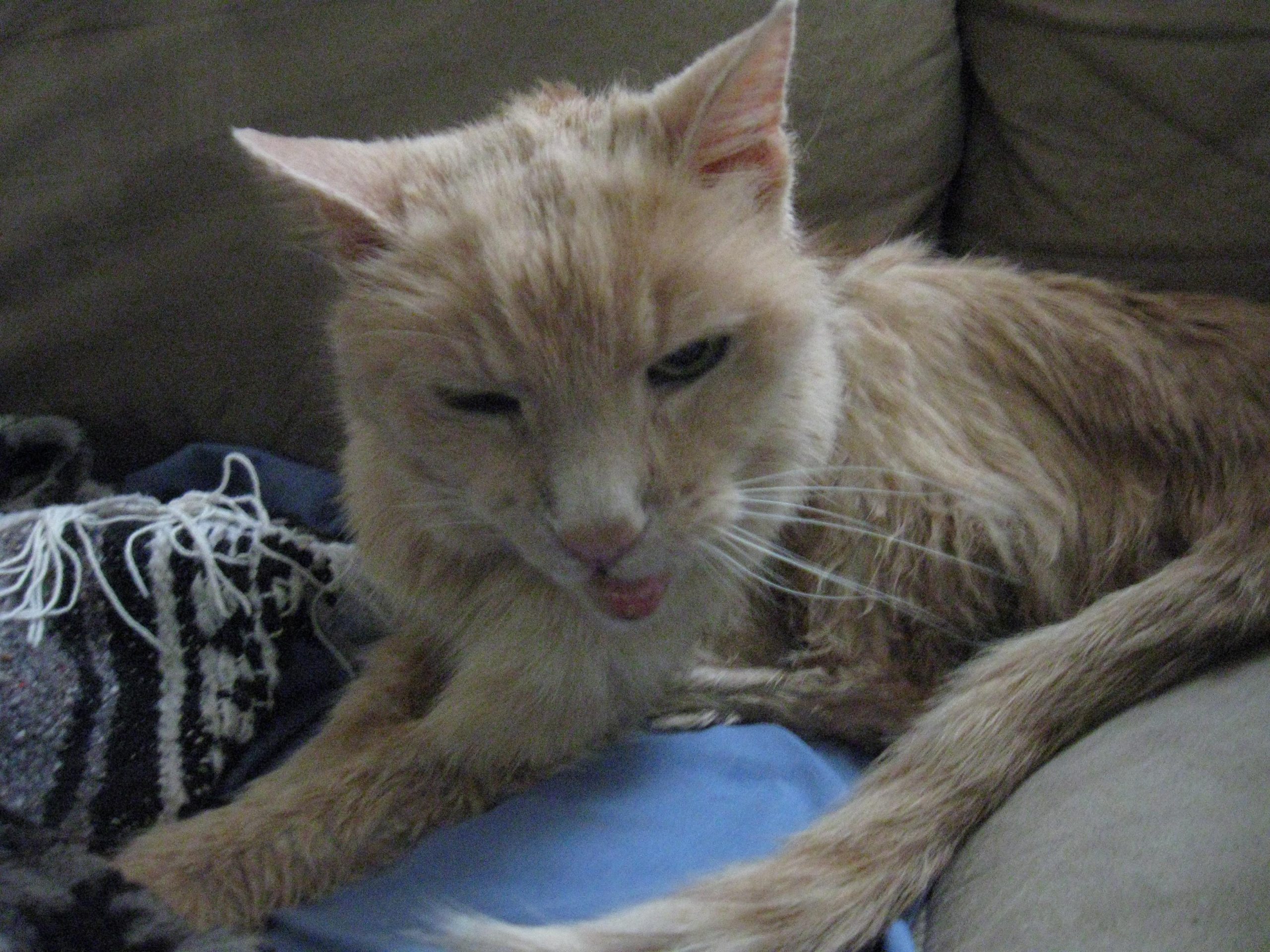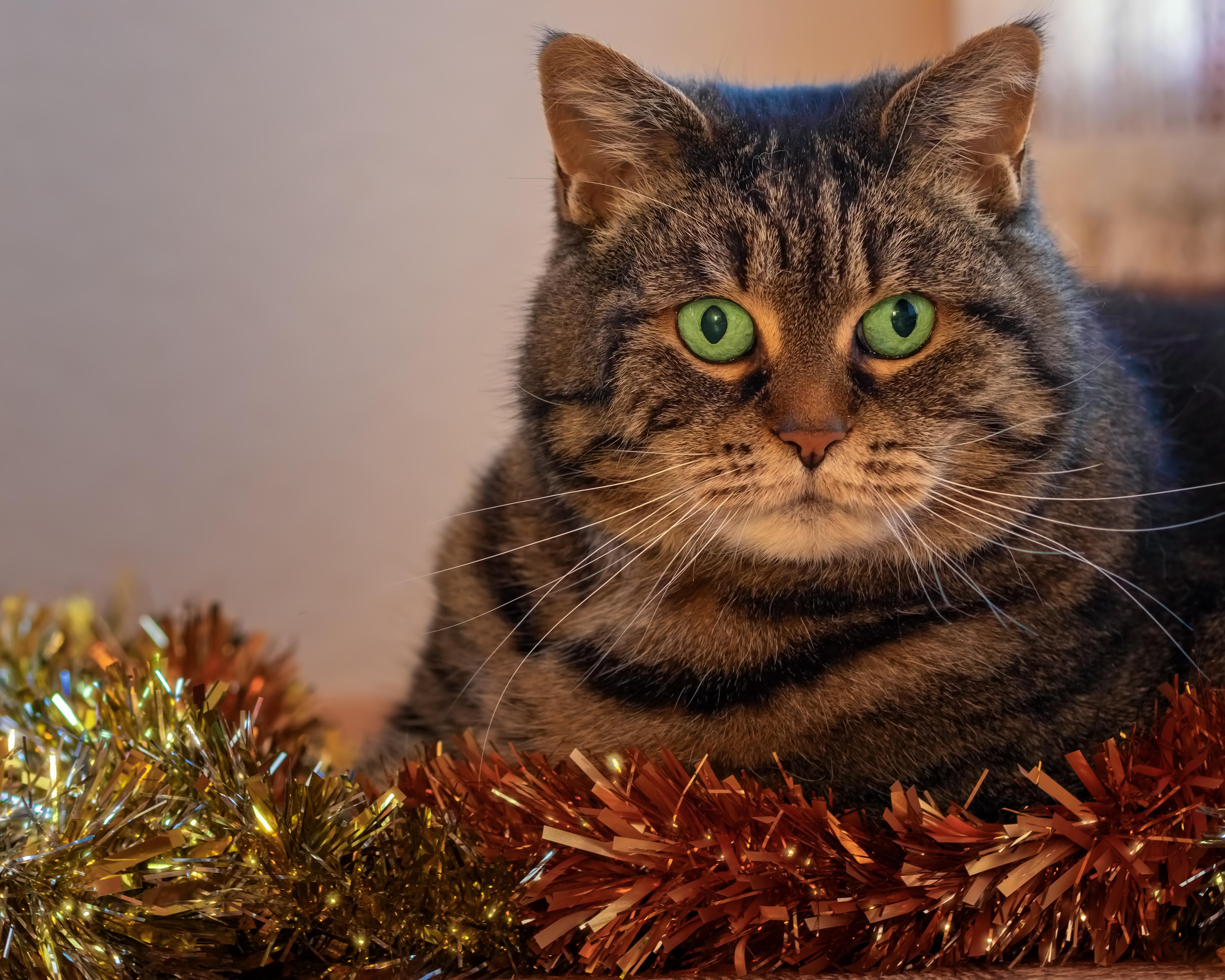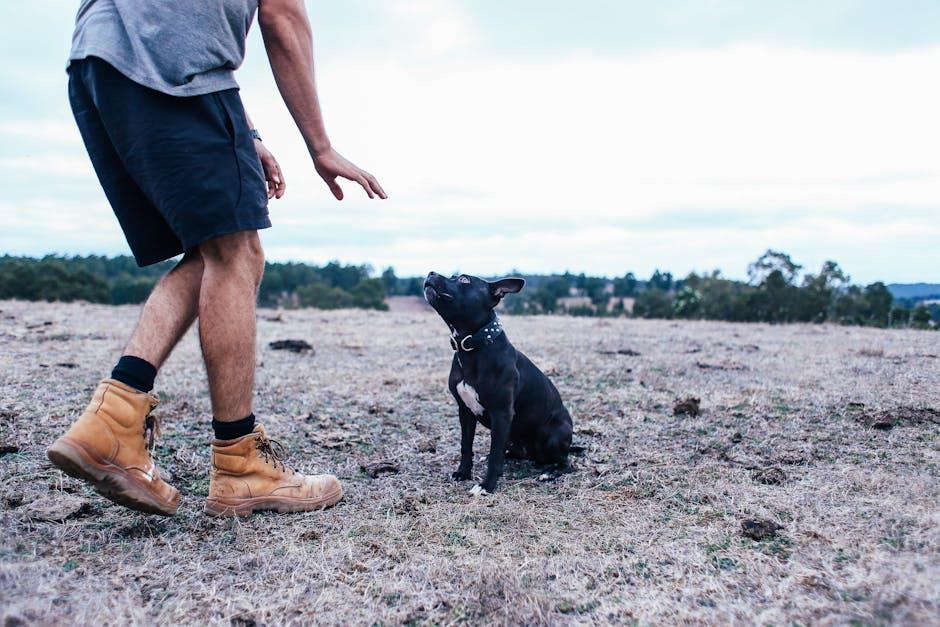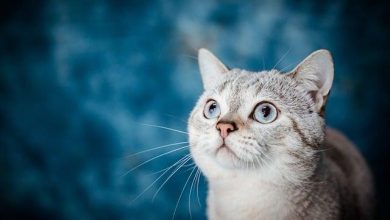Is It Possible for Pets to Hold Grudges

Have you ever returned home to find your usually affectionate cat giving you the cold shoulder, or your dog looking at you with what seems like disapproval after a visit to the vet? As pet owners, we often find ourselves wondering if our furry companions are capable of holding grudges. While it’s easy to attribute human emotions to our pets, the question of whether animals can actually harbor resentment is both intriguing and complex. In this article, we’ll explore the fascinating world of animal behavior, delving into scientific studies and expert opinions to uncover whether our beloved pets have the capacity to hold grudges, or if their seemingly sulky behavior is simply a misunderstanding on our part. Join us as we unravel the mysteries of the animal mind and discover what truly goes on in the hearts of our four-legged friends.
Understanding Pet Emotions and Memory
To truly understand whether pets can hold grudges, it’s essential to delve into the fascinating world of pet emotions and memory. Animals, much like humans, experience a range of emotions that influence their behavior. However, their emotional responses are more immediate and tied to survival instincts rather than prolonged resentment. Pets, especially dogs and cats, have been observed to show signs of recognition and attachment to their owners, which suggests a form of emotional memory. While they might not hold grudges in the way humans do, they can remember negative experiences and react to them.
Consider these insights into how pets process their feelings:
- Memory Span: Pets have both short-term and long-term memory, allowing them to remember certain events and learn from them.
- Emotional Associations: They often associate emotions with specific people or situations, which can result in either positive or negative responses.
- Behavioral Cues: Changes in behavior, such as avoiding a particular person or place, can indicate past negative experiences.
While it’s tempting to attribute human-like grudges to pets, their emotional landscape is more about immediate reactions and learned associations rather than long-term resentment. Understanding this can help pet owners foster a more empathetic and supportive environment for their furry companions.
The Science Behind Grudge-Holding in Animals
While it might seem like a far-fetched notion, research suggests that certain animals possess the cognitive abilities to hold grudges. This phenomenon is particularly observed in species with advanced social structures and high intelligence levels. Studies have shown that crows, for example, can remember the faces of humans who have wronged them and may exhibit avoidance or aggressive behaviors towards these individuals. Similarly, elephants have been noted for their remarkable memory and have been known to harbor grudges against specific humans or groups that have caused them harm.
Grudge-holding in animals can be attributed to several factors, including:
- Memory: Advanced memory capabilities allow animals to recall past interactions, both positive and negative.
- Social Dynamics: Animals with complex social systems may use grudges as a way to navigate relationships and hierarchies.
- Survival Instincts: Holding a grudge might be an evolutionary trait, helping animals to remember and avoid potential threats.
Understanding these behaviors in animals can offer insights into the emotional lives of our pets, suggesting that their responses to negative experiences might be more nuanced than we previously thought.

Recognizing Signs of Grudge-Like Behavior in Pets
Understanding your pet’s emotions can sometimes feel like deciphering a complex language. While they may not hold grudges in the way humans do, our furry companions can exhibit behaviors that suggest they’re not exactly thrilled with us. Recognizing these behaviors can help maintain a harmonious relationship. Here are some signs to watch for:
- Avoidance: If your pet suddenly seems uninterested in your company or actively avoids you, it might be their way of expressing displeasure.
- Change in Eating Habits: Noticeable changes in appetite or refusal to eat can be a sign that something is bothering them.
- Destructive Behavior: Chewing on shoes or knocking over items could be their way of letting out frustration.
- Excessive Vocalization: An increase in barking, meowing, or whining might indicate they’re trying to communicate dissatisfaction.
- Unusual Potty Accidents: If house-trained pets suddenly have accidents, it might be more than just a lapse in training.
Recognizing these signs early can help address any underlying issues, ensuring your pet feels secure and understood. By paying attention to their behavior, you can foster a deeper bond and prevent any simmering resentment from taking root.

Tips for Strengthening Your Bond with a Forgiving Approach
Embracing a forgiving approach can profoundly enhance the bond you share with your pet. Patience and understanding are key, as they help to nurture a harmonious relationship. Here are some tips to help strengthen this bond:
- Recognize their emotions: Pets, much like humans, experience a range of emotions. By acknowledging and respecting their feelings, you foster trust and deepen your connection.
- Communicate calmly: Use a gentle tone and clear body language to convey your intentions. This can help alleviate any anxiety your pet might feel and encourage positive interactions.
- Reward good behavior: Positive reinforcement through treats, affection, or playtime reinforces desired behaviors and strengthens your relationship.
- Reflect on your actions: Consider how your behavior might affect your pet. Being mindful of your actions can prevent misunderstandings and build a more supportive environment.
By focusing on these aspects, you not only promote a forgiving atmosphere but also cultivate a loving and enduring partnership with your furry friend.
Wrapping Up
while the question of whether pets can hold grudges is still up for debate, the evidence suggests that animals are capable of experiencing complex emotions and remembering past interactions. Whether it’s a dog who sulks after being scolded or a cat that seems to avoid certain people, these behaviors might indicate a form of grudging response. However, it’s important to remember that pets often live in the moment and can quickly forgive and forget when shown love and attention. As pet owners, our responsibility is to nurture positive relationships with our furry friends, ensuring they feel safe, loved, and understood. By doing so, we can strengthen the bond we share with them, fostering a harmonious and joyful companionship. Whether or not grudges are a part of their emotional repertoire, one thing is clear: the loyalty and affection of our pets are truly priceless.



